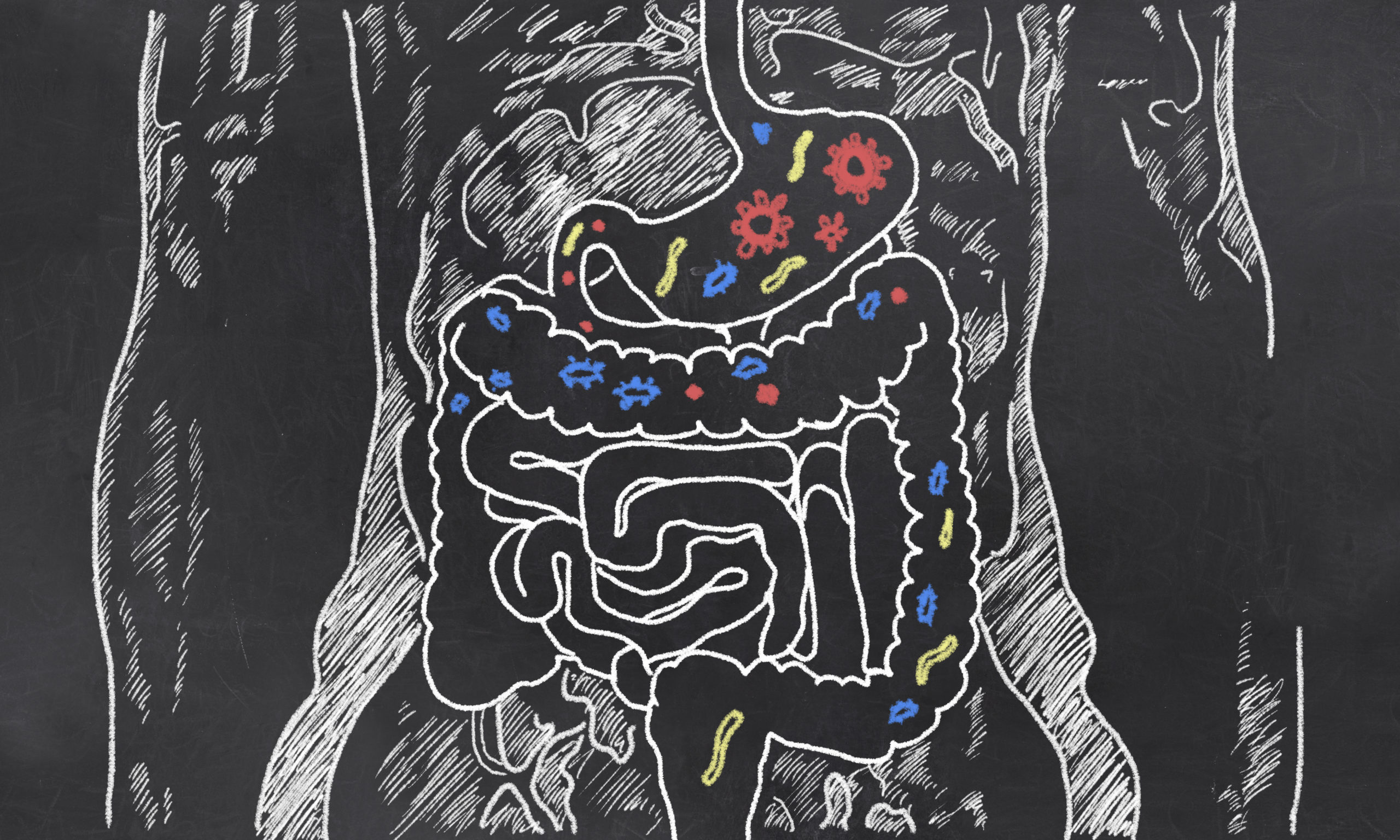Our bodies are the host of both good and bad bacteria, every single day. The good ones can promote optimal health, while the bad ones can lead to autoimmune disorders, digestive conditions, and even psychiatric disorders.
Scientists have long hypothesized that leaky gut may be the explanation for how issues in the gut can spread to wreak havoc on other areas on the body through triggering an inflammatory response. “But one mystery has been how potentially pathogenic bacteria can exist in healthy people for decades with no apparent health consequences,” says Noah Palm, assistant professor of immunobiology at Yale, in a statement.
A team of Yale scientists delved more into this, offering newer insight through their latest work. They studied the genetics and behavior of a potentially pathogenic species of bacteria by administering it to germ-free mice that lack their own gut bacteria. Over time, they noticed that the bacteria diverged into two different populations: one that behaved similarly to the ancestral strain, and another that underwent small DNA mutations that allowed them to live in the linings of the intestine and to survive in the lymph nodes and liver after escaping the gut.
Pathogens can generally be stopped by the immune system, which largely lives in the gut. However, the group with DNA mutations was able to stay hidden just enough from it. Though with time, the researchers found that the body did trigger an inflammatory response and could possibly trigger autoimmune disease. They believe that this may explain why some people with potentially pathogenic bacteria hardly ever fall sick, but illness risk increases with age.
“Within-host evolution” describes this concept. It explains why individual bacteria are able to adapt to living in our intestines and the changes that come with that over time. Environmental factors can influence the speed at which bacteria are able to evolve, so the researchers believe that eating a healthy diet can make our guts more difficult for bad bacteria to find a home inside of us. For example, someone who consumes a diet full of gut-supporting foods consistently fills their gut with new, beneficial bacteria that will compete with the existing bacteria for space. This will make it harder for bad bacteria to survive.
Understanding how bacteria evolve will help scientists and researchers have better knowledge on how to stop the progression of harmful ones. Additionally, this may pave the way for potential therapeutics that can mitigate the process of undesirable bacteria evolving and prevent development of an array of diseases that are associated with leaky gut.
The study is published in the journal Nature.
